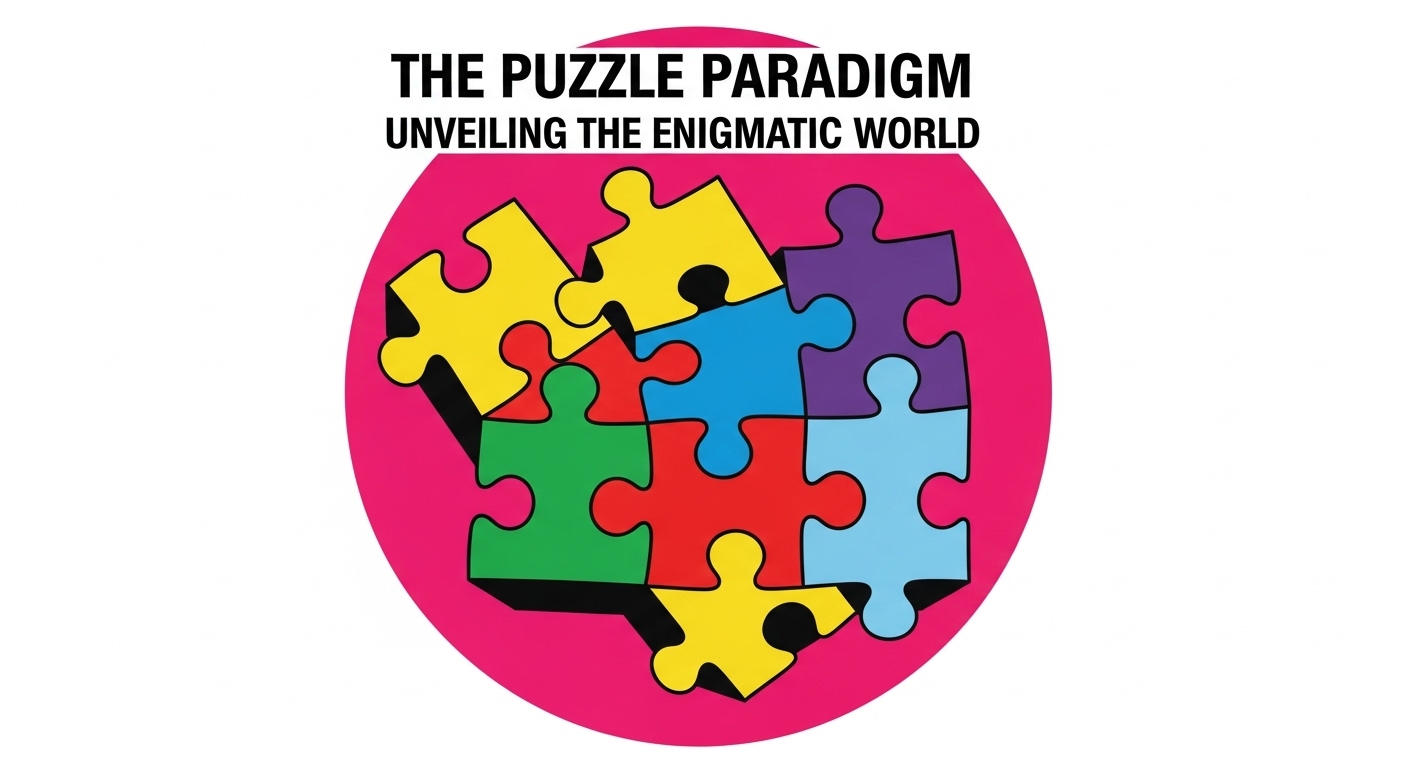### The Fascinating World of Puzzles: Unraveling the Mystery
#### Introduction
Puzzles have captivated the minds of people for centuries, challenging us to think creatively, problem-solve, and exercise our cognitive abilities. From the humble jigsaw puzzle to complex riddles, puzzles come in various forms and have become a beloved pastime enjoyed by people of all ages. In this blog post, we delve into the captivating world of puzzles, exploring their history, significance, applications, and future trends.
#### History of Puzzles
The history of puzzles dates back thousands of years, with early examples found in ancient civilizations such as the Egyptians and Greeks. One of the oldest known puzzles is the Tangram, a Chinese dissection puzzle that originated in the Song Dynasty. Puzzles have been used throughout history not only for entertainment but also as educational tools to develop problem-solving skills and stimulate the mind.
#### Significance of Puzzles
Puzzles play a significant role in cognitive development, helping to improve memory, concentration, and critical thinking skills. Solving puzzles can also reduce stress and anxiety by engaging the brain in a relaxing and enjoyable activity. Moreover, puzzles promote creativity and lateral thinking, encouraging individuals to approach problems from different perspectives and think outside the box.
#### Types of Puzzles
Puzzles come in a wide variety of forms, including jigsaw puzzles, crosswords, Sudoku, logic puzzles, and brain teasers. Each type of puzzle offers a unique challenge and appeals to different interests and skill levels. Jigsaw puzzles, for example, are popular for their visual appeal and the satisfaction of piecing together a complete picture, while Sudoku tests logic and numerical skills.
#### Applications of Puzzles
Beyond being a source of entertainment, puzzles have practical applications in various fields. In education, puzzles are used to enhance learning and reinforce concepts in subjects such as math, language arts, and science. Puzzles are also utilized in cognitive therapy to improve brain function and memory in patients with neurological conditions such as Alzheimer’s disease.
#### Future Trends in Puzzles
As technology continues to advance, puzzles have evolved to incorporate digital platforms and virtual reality experiences. Online puzzle games and mobile apps have made puzzles more accessible than ever, allowing users to enjoy a wide range of challenges anytime, anywhere. The future of puzzles may see further integration of technology, with augmented reality and artificial intelligence enhancing the puzzle-solving experience.
#### Conclusion
In conclusion, puzzles have stood the test of time as engaging and intellectually stimulating activities that offer a myriad of benefits for individuals of all ages. Whether you enjoy the satisfaction of completing a jigsaw puzzle or the mental workout of solving a complex riddle, puzzles continue to captivate and challenge us in exciting ways. So next time you’re looking for a fun and rewarding pastime, consider immersing yourself in the fascinating world of puzzles.

